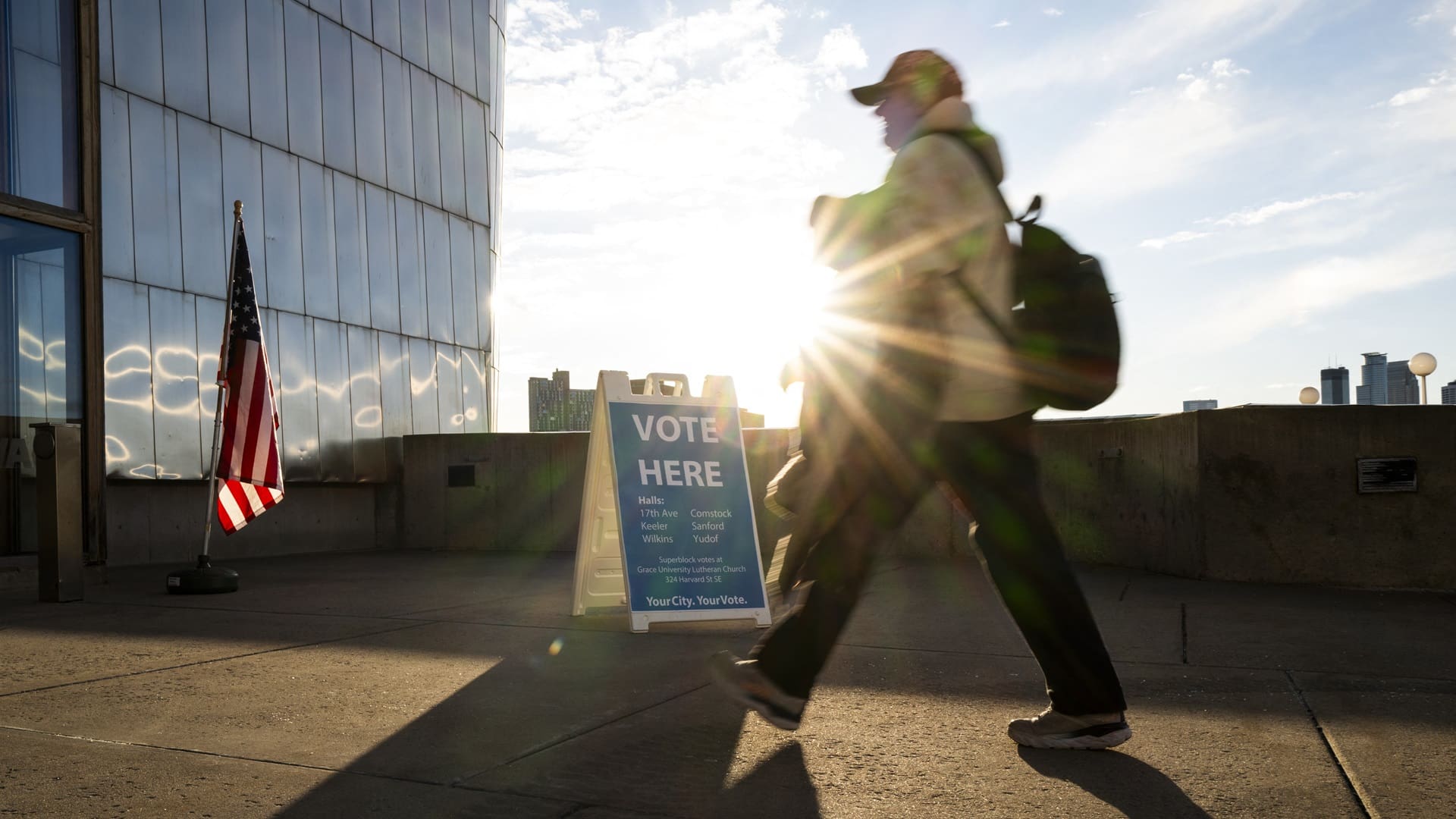Super Tuesday, the most important day in the primary season, took place this week in the United States. There was little question about who would collect the most delegates on either side—President Joe Biden and Former President Donald Trump are both in a commanding lead in both delegates and polling. Therefore, if we want to get some idea of how the 2024 presidential election stands as of now, we have to dig a bit deeper.
There are some worrying signs for President Biden.
He is currently trailing his Republican challenger in the polls, both head-to-head and in a 5-way race taking third parties into account. He also has a very low approval rating (as of now, just below 40 per cent in the RealClearPolitics aggregate). Some of the primary results seem to be in line with that polling data.
If we look at primary trends in the 21st century for incumbent presidents, Biden is falling short in more than one way.
As of now, he has accumulated around 85 per cent of the popular vote across 19 caucuses and primaries. Those who ran as incumbents since 2000 all collected over 90 per cent of the popular vote during the primaries. Republican George W. Bush in 2004 got 98.1 per cent, Democrat Barack Obama in 2012 got 90.1 per cent, and Republican Donald J. Trump got 93.9 per cent in 2020.
The relatively low vote share for President Biden is in part due to an organized effort by progressives supporting Palestine in the Hamas–Israel war to vote ‘uncommitted’ in the primary election. This started in Michigan last month, where the uncommitted option got 13.2 per cent. So far, it has been the most successful in Minnesota (both states have a large Muslim minority population) where it got 18.9 per cent. As of now, ‘uncommitted’ has secured 13 delegates for the Democrat Convention in August.
President Biden also became the first incumbent president to lose a primary contest in the 21st century—although not a major one. On 5 March, Super Tuesday, Maryland businessman Jason Palmer won the caucus in the overseas territory of American Samoa, collecting three delegates for his victory. Less than 100 people voted in that election, and Palmer won by 11 votes.
Bill Clinton lost the states of North Dakota and Michigan in 1996 in the primaries while running for re-election. However, he still easily defeated Republican Bob Dole and Reform Party candidate Ross Perot in the general election, and even carried the state of Michigan.
Nikki Haley Takes Vermont, Trump Wins All Other States
Meanwhile on the Republican side, Nikki Haley scored her first victory ahead of Super Tuesday. She won the primary in Washington, D.C. on 1 March. Washington tends to vote about 90 per cent Democrat, so its three electoral votes are not in contention in November—accordingly, Republican turnout was minuscule, only around 2,000 people showed up.
On Tuesday Donald Trump ended up winning 14 out of 15 races, including the one in the most populous state of California, where he took all 169 delegates. Haley did win the state of Vermont (another Democrat stronghold), preventing President Trump’s 50-state sweep in the primaries. However, according to media reports, she is planning on dropping out soon, which would mean that President Trump will head to the general election with 49 states and (including DC and the overseas territories) 54 contests won out 56.
The good news for Republicans is that in all states which are even remotely competitive in the presidential election,
the GOP turnout outnumbered the Democrats’ on Super Tuesday.
In North Carolina, 1.070 million Republicans voted as opposed to 695,000 Democrats. In Virginia, the Republican turnout was 727,000, while the Democrat turnout was 346,000; and in Maine, the Republican turnout was 110,000, while the Democrat was 70,000.
Related articles:








